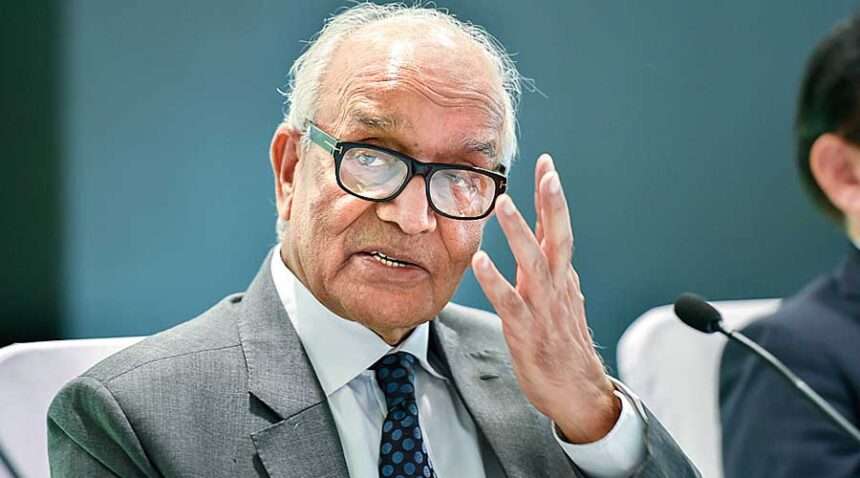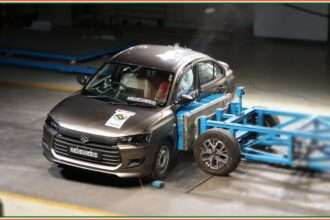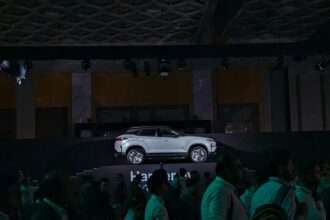In recent years, the automotive industry has witnessed a notable shift towards larger vehicles, driven by factors such as increased demand for SUVs and crossovers. However, according to RC Bhargava, the chairman of Maruti Suzuki, one of India’s leading automobile manufacturers, small cars are poised to make a comeback by 2026. This resurgence is anticipated to be fueled by various factors, including rising entry-level incomes and changing consumer preferences.
Factors Contributing to the Comeback
Rising Entry-Level Incomes
One of the primary drivers behind the expected resurgence of small cars is the steady increase in entry-level incomes. As economies continue to grow and urbanization rates rise, a larger segment of the population is gaining access to disposable income. This demographic shift is likely to result in heightened demand for affordable and fuel-efficient transportation options, making small cars an attractive choice for many consumers.
Economic Factors
In addition to rising incomes, economic factors such as fuel prices and affordability play a crucial role in shaping consumer preferences within the automotive market. Small cars are generally more fuel-efficient and cost-effective than their larger counterparts, making them an appealing option for budget-conscious consumers, particularly in regions with volatile fuel prices.
Shifting Consumer Preferences
The shift towards smaller vehicles also reflects evolving consumer preferences, driven by factors such as urban congestion and environmental concerns. In densely populated urban areas, compact cars offer greater maneuverability and ease of parking, making them a practical choice for city dwellers. Furthermore, the growing emphasis on sustainability has led many consumers to prioritize fuel efficiency and carbon emissions, further bolstering the appeal of small cars.
Maruti Suzuki’s Perspective
As a leading player in the Indian automotive market, Maruti Suzuki has been closely monitoring these trends and is well-positioned to capitalize on the anticipated resurgence of small cars. According to RC Bhargava, the company’s chairman, Maruti Suzuki is committed to strengthening its presence in the small car segment through strategic initiatives and innovative product offerings.
Market Analysis
Current trends in the automotive industry indicate a growing demand for smaller, more fuel-efficient vehicles, particularly in emerging markets. Competitors within the industry are also responding to these trends by expanding their small car portfolios and investing in research and development to enhance fuel efficiency and performance.
Future Projections
Looking ahead, industry experts predict that the small car market will experience significant growth by 2026, driven by factors such as changing consumer preferences and advancements in technology. Maruti Suzuki, with its extensive experience and expertise in this segment, is well-positioned to capitalize on these opportunities and maintain its leadership position in the market.
Conclusion
In conclusion, small cars are likely to stage a comeback by 2026, driven by factors such as rising entry-level incomes, shifting consumer preferences, and economic considerations. Maruti Suzuki, under the leadership of RC Bhargava, is poised to capitalize on this trend through strategic initiatives and innovative product offerings, solidifying its position as a leader in the automotive industry.
Unique FAQs
- Will the resurgence of small cars impact the sales of larger vehicles?
- While the resurgence of small cars may attract a certain segment of consumers, larger vehicles such as SUVs and crossovers are likely to remain popular among buyers with specific needs such as towing capacity or off-road capability.
- How will advancements in technology influence the small car market?
- Advancements in technology, such as electric and hybrid powertrains, are expected to play a significant role in shaping the future of the small car market, offering consumers more sustainable and efficient transportation options.
- What role do government regulations play in the adoption of small cars?
- Government regulations, particularly those aimed at reducing carbon emissions and promoting fuel efficiency, can incentivize consumers to choose smaller, more environmentally friendly vehicles, thereby influencing the demand for small cars.
- What are some of the challenges facing the small car market?
- Challenges facing the small car market include increasing competition from alternative modes of transportation such as ride-sharing services, as well as the need to continually innovate and adapt to changing consumer preferences and regulatory requirements.
- How important is brand reputation in the small car segment?
- Brand reputation plays a crucial role in the small car segment, with consumers often prioritizing factors such as reliability, safety, and resale value when making purchasing decisions. Established brands with a history of delivering quality products are likely to have a competitive advantage in this market.




